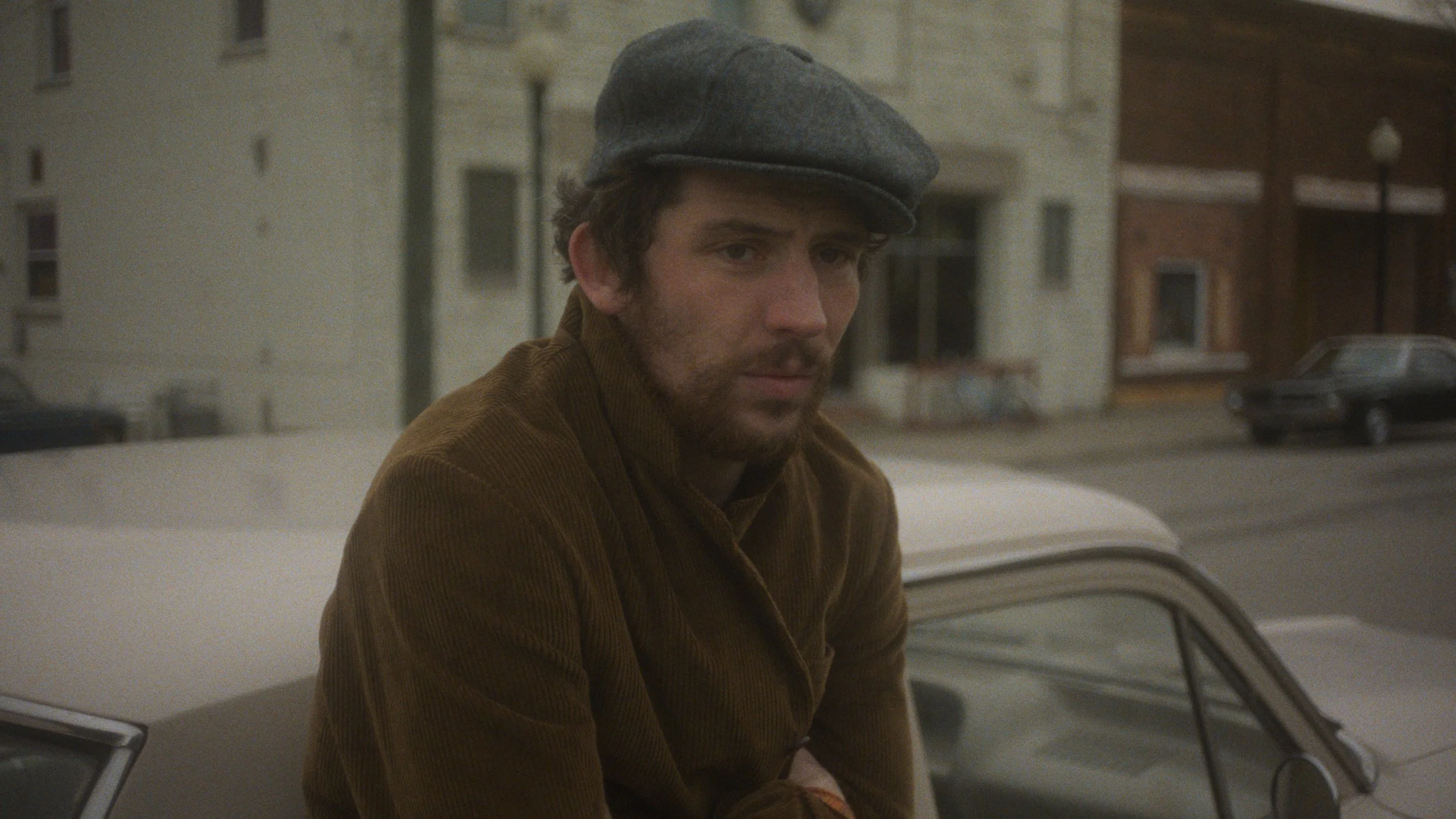
Kelly Reichardt’s The Mastermind Is A Heist Film With No Payoff
It’s hard not to see the irony in The Mastermind. Kelly Reichardt’s latest film follows a man obsessed with fine art, while the film itself often feels more devoted to art than to storytelling. Every quiet frame, every pause that lingers a beat too long, seems to serve form over feeling. Art, in this case, isn’t just the subject of the narrative — it’s the structure, and an obsession that overtakes the film's ability to be enjoyed.
There are aspects in the film that I can find merit in. For example, Josh O’Connor brings depth and texture to JB Mooney, a thief whose follow-through never quite matches his ambition. O’Connor thrives in silence, using the smallest gestures (a flicker of the eyes, a half-step back) to fill in the gaps the script refuses to explain. He moves through the film like a man out of sync with himself: using others when he can, shutting them out when he can’t. In one of the final scenes, as he eyes an elderly woman’s purse in a typical American diner, O’Connor says nothing. He doesn’t need to. His expression tells the story of a man collapsing under the weight of his own choices, and who will inevitably pick the wrong path.
Unfortunately, O’Connor’s performance is one of the few things that truly holds The Mastermind together. As I understand it, Reichardt’s aim is to deconstruct the typical heist film (a genre built on precision, energy and intellect) by stripping all those qualities away. The result, though, is often a test of patience rather than a revelation.
The film meanders, its energy drained by long stretches of waiting. A recurring jazz motif tries to inject life into the gaps as a nod to the swagger of 1980s caper films, but the repetition only highlights what’s missing. A tighter edit might have helped — entire sequences, like an oddly placed scene in which JB hides his paintings in a barn, feel surplus to requirements. There were long stretches during the screening when I found myself fidgeting in my seat, waiting for the film to move on to something with more relevance and interest.
There’s an argument to be made that this is all deliberate. That Reichardt wants us to feel the emptiness of JB’s life. The futility of his pursuit. The irony of a so-called mastermind who has no real plan or heist-like showmanship. And perhaps that’s true.
But, intention doesn’t always make for engaging cinema. For all its quiet intelligence, The Mastermind struggles to justify its stillness. It’s a film that invites admiration more than emotion. One that seems to expect viewers to appreciate its restraint rather than be moved by the story at work.
There are undeniably beautiful shots here — the framing, the texture of light, the stillness of the landscapes — but the experience feels more like flicking through an art book than watching a film. Reichardt may have succeeded in crafting an anti-heist movie, but in doing so, she risks losing the audience entirely.
I’ll be the first to admit that I was lost.


